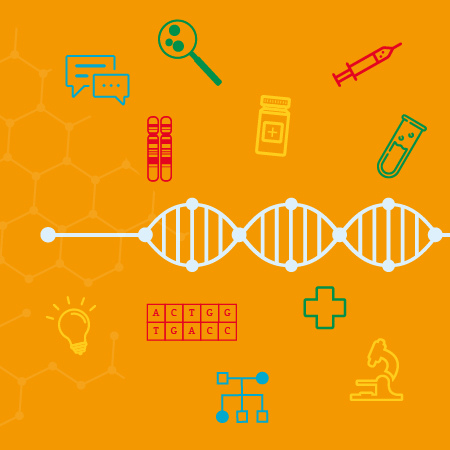Definition
The formation of eggs.
Use in clinical context
Eggs are formed through the process of meiosis. The first stage occurs during embryonic development, with the remaining part happening periodically following puberty. Each egg is haploid and contains a single copy of each chromosome with an X sex chromosome. Eggs contain the mother’s genetic contribution to any offspring. In addition to one of each chromosome, eggs are the source of all mitochondrial DNA following fertilisation.
Related terms
Cell | Chromosome | Egg (gamete) | Fertilisation | Gamete | Haploid | Meiosis | Mitochondria | Spermatogenesis



